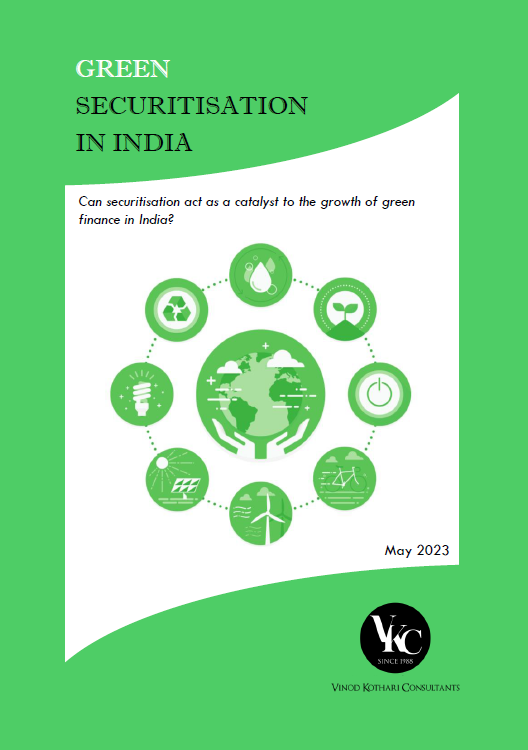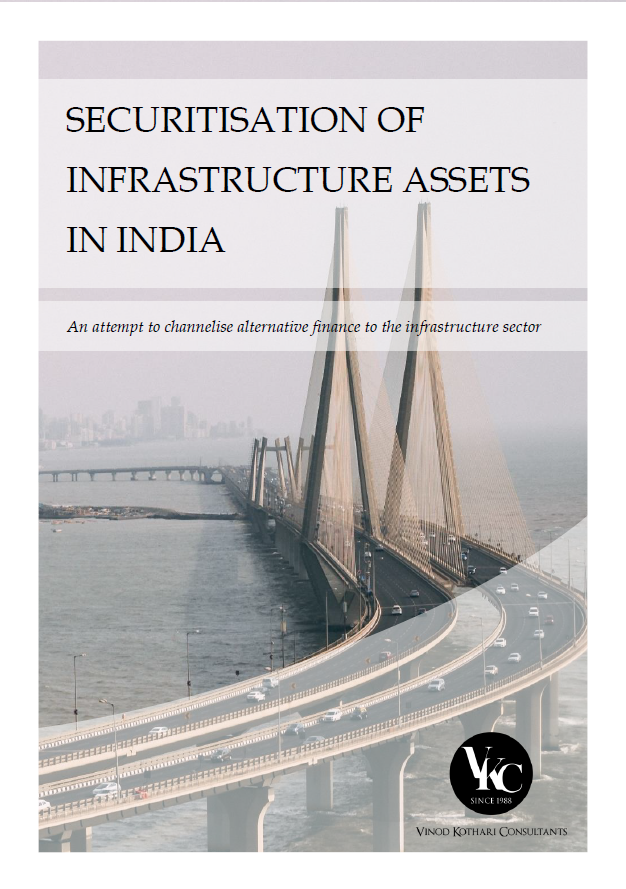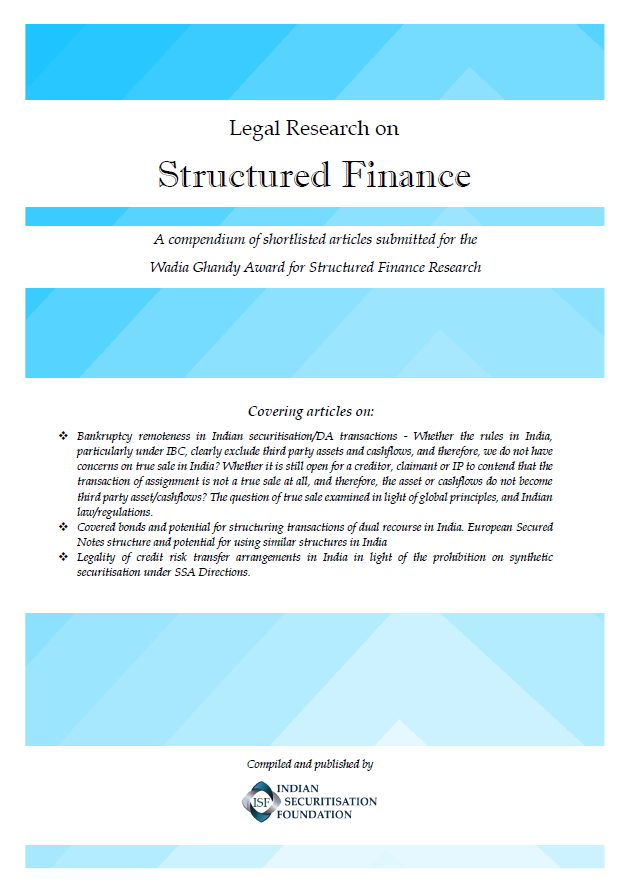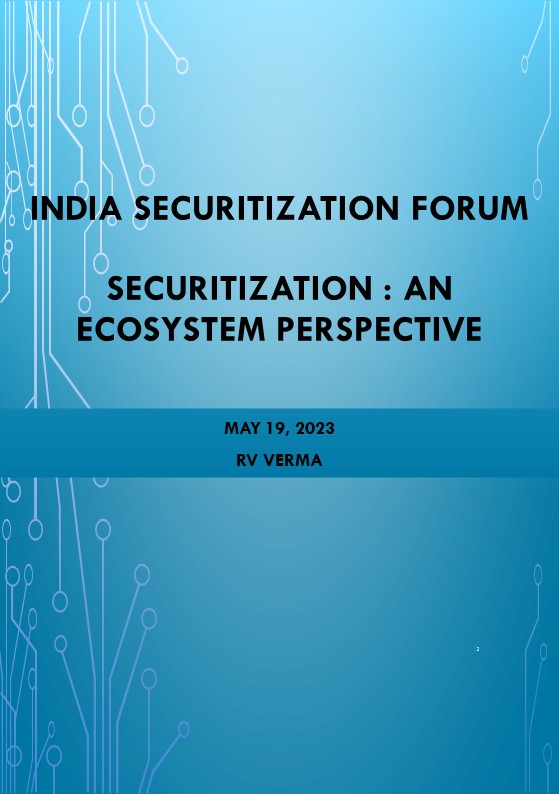Vehicle financiers must follow SARFAESI process for repossession: Patna High Court
Ruling holds self-help repossession as a breach of the borrower’s fundamental rights of livelihood and dignity
– Vinod Kothari, finserv@vinodkothari.com
Repossession of vehicles (from two-wheelers to four-wheelers), in case of borrowers’ defaults, has been done almost entirely using common law process, on the strength of the provisions of the hypothecation agreement. The roughly Rs 500000 crores auto finance market in India, including financing of passenger vehicles and commercial vehicles, rarely makes use of the process of SARFAESI Act for repossession of vehicles from defaulting borrowers, even though most of the NBFCs and all of the banks are authorised to make use of the process.
However, a recent Patna High Court, from a single judge of the Court[1], holds that since hypothecation is a “security interest” on the vehicle, the use of the process of the SARFAESI Act is mandatory, and any repossession action not adhering to the process of that Act is illegal. The Court has gone to the extent of ordaining all banks and NBFCs in the State to return the repossessed vehicles which are either not sold or are traceable to the borrowers on payment of 30% of the due amount, and in case of those vehicles which are not traceable or returnable, it permits the petitioners to seek compensation. It has simultaneously directed the Police to investigate and register cases of use of force or illegal tactics in repossession.
Read more →








